Starting the day with health news , readers can also read more articles: What should young people do to detect prediabetes early?; Signs that people who lift heavy weights should pay attention to; Doing this can offset the harmful effects of lack of sleep...
Nearly double the effectiveness of chemotherapy with a familiar vitamin
New research recently published in the medical journal Nutrition and Cancer , has found a way to nearly double the effectiveness of chemotherapy by supplementing with low doses of a familiar vitamin.
Scientists at the Botucatu School of Medicine, São Paulo State University (Brazil) conducted a study on 80 breast cancer patients, over the age of 45, who began cancer treatment at the hospital of the Botucatu School of Medicine, São Paulo State University.
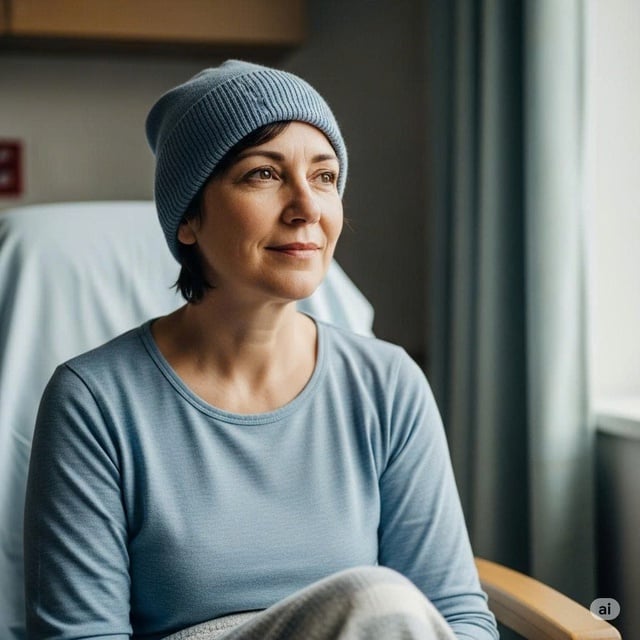
Chemotherapy effectiveness increased by low-dose vitamin D supplementation alone
Photo: AI
Participants were divided into two groups: One group of 40 people took 2,000 IU (international units) of vitamin D daily, while the other 40 people took a placebo.
They all underwent chemotherapy to shrink the tumor before surgery.
Most participants had low blood vitamin D levels, meaning below 20 ng/mL, compared with the recommended range of 40–70 ng/mL.
In those who received the supplement, vitamin D levels increased during chemotherapy, which contributed to the patients' recovery, said Professor Carvalho-Pessoa.
The results were surprising, low-dose vitamin D supplementation nearly doubled the effectiveness of chemotherapy. The next content of this article will be on the health page on June 29 .
What should young people do to detect prediabetes early?
Prediabetes is considered the warning stage of diabetes. If not detected and intervened early, about 70% of people with prediabetes will progress to diabetes in just a few years.
In people with prediabetes, blood sugar levels are abnormally high but not high enough to diagnose type 2 diabetes. The worrying thing about prediabetes is that this condition often does not cause obvious symptoms. Young people, especially those without underlying medical conditions, are often subjective and do not go for regular check-ups, so the disease is not detected.

Belly fat is strongly linked to insulin resistance in people with prediabetes.
PHOTO: AI
To detect prediabetes early if unfortunately infected, young people need to take the following specific steps:
Know your risks. First, young people need to realize that prediabetes doesn’t just happen to older people or people who are obese. According to the Centers for Disease Control and Prevention (CDC), risk factors include a family history of diabetes, lack of exercise, high blood pressure, abnormal cholesterol, polycystic ovary syndrome in women, or a history of gestational diabetes. If you’re at risk, be proactive and see your doctor for regular checkups instead of waiting for symptoms to appear.
Recognize subtle signs. Prediabetes often does not cause typical symptoms, but there are still some small signs that young people should pay attention to. These signs are unusual thirst, frequent urination, prolonged fatigue, blurred vision, slow wound healing. The next content of this article will be on the health page on June 29 .
Doing this can offset the harmful effects of sleep deprivation.
Chronic sleep deprivation is a growing public health problem, especially among older adults. Studies have shown that long-term sleep deprivation leads to an increased risk of heart attack, stroke, and atrial fibrillation.
Alarmingly, new research published in the biomedical journal Biomarker Research has found that just a few nights of poor sleep increases the risk of heart problems.
The study, led by Uppsala University, in collaboration with Akershus University Hospital and Sahlgrenska University Hospital (Sweden), aimed to find out whether short-term sleep deprivation affects the risk of cardiovascular disease and to find ways to address this issue .

Studies have shown that long-term sleep deprivation leads to an increased risk of heart attack, stroke, and atrial fibrillation.
Photo: AI
The authors tested 16 healthy, normal-weight young adults. All had healthy sleep habits and were monitored in a sleep lab, with meals and activity levels closely controlled during the trial:
- First 3 nights: Get enough sleep as usual.
- Next 3 nights: Sleep only 4 hours per night.
At the same time, participants had blood tests in the morning and evening each day and then performed high-intensity exercise for 30 minutes.
Researchers measured the levels of about 90 proteins in the blood and found that levels of many inflammatory proteins increased with sleep deprivation. Notably, many of these proteins increase the risk of cardiovascular diseases such as heart failure and coronary artery disease.
The results also showed that exercise had a slightly different response after sleep deprivation. However, some key proteins increased equally regardless of sleep deprivation. Therefore, proteins associated with the benefits of exercise increased even with very little sleep.
Importantly, research also shows that exercise can offset the harmful effects of sleep deprivation. Start your day with health news to see more of this article!
Source: https://thanhnien.vn/ngay-moi-voi-tin-tuc-suc-khoe-loai-vitamin-giup-tang-gap-doi-hieu-qua-hoa-tri-18525062822401121.htm





![[Photo] President Luong Cuong attends the 50th Anniversary of Laos National Day](/_next/image?url=https%3A%2F%2Fvphoto.vietnam.vn%2Fthumb%2F1200x675%2Fvietnam%2Fresource%2FIMAGE%2F2025%2F11%2F27%2F1764225638930_ndo_br_1-jpg.webp&w=3840&q=75)

![[Photo] Prime Minister Pham Minh Chinh chairs the 15th meeting of the Central Emulation and Reward Council](/_next/image?url=https%3A%2F%2Fvphoto.vietnam.vn%2Fthumb%2F1200x675%2Fvietnam%2Fresource%2FIMAGE%2F2025%2F11%2F27%2F1764245150205_dsc-1922-jpg.webp&w=3840&q=75)


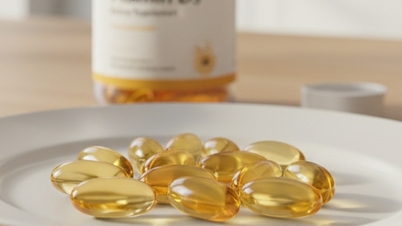



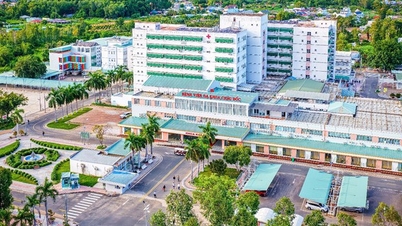





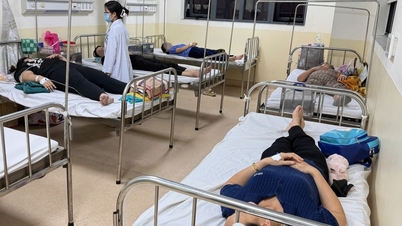







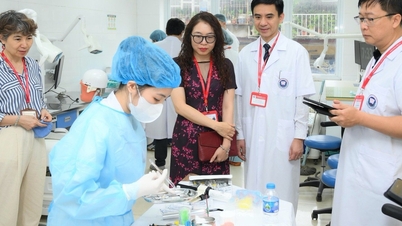






























































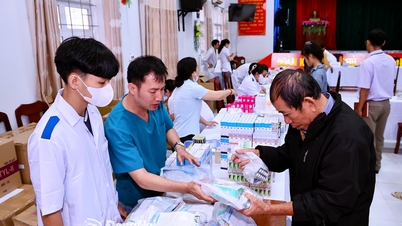













Comment (0)